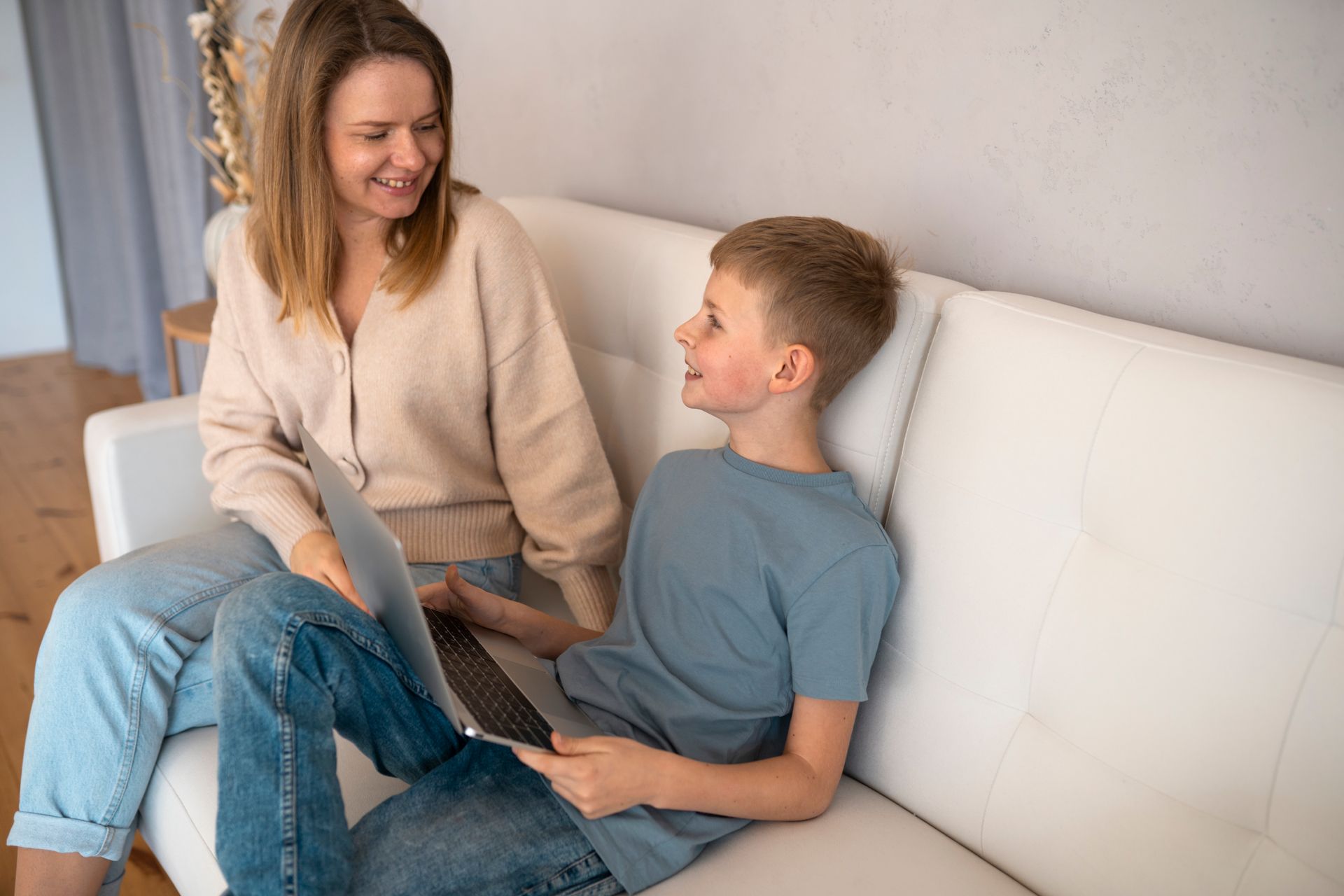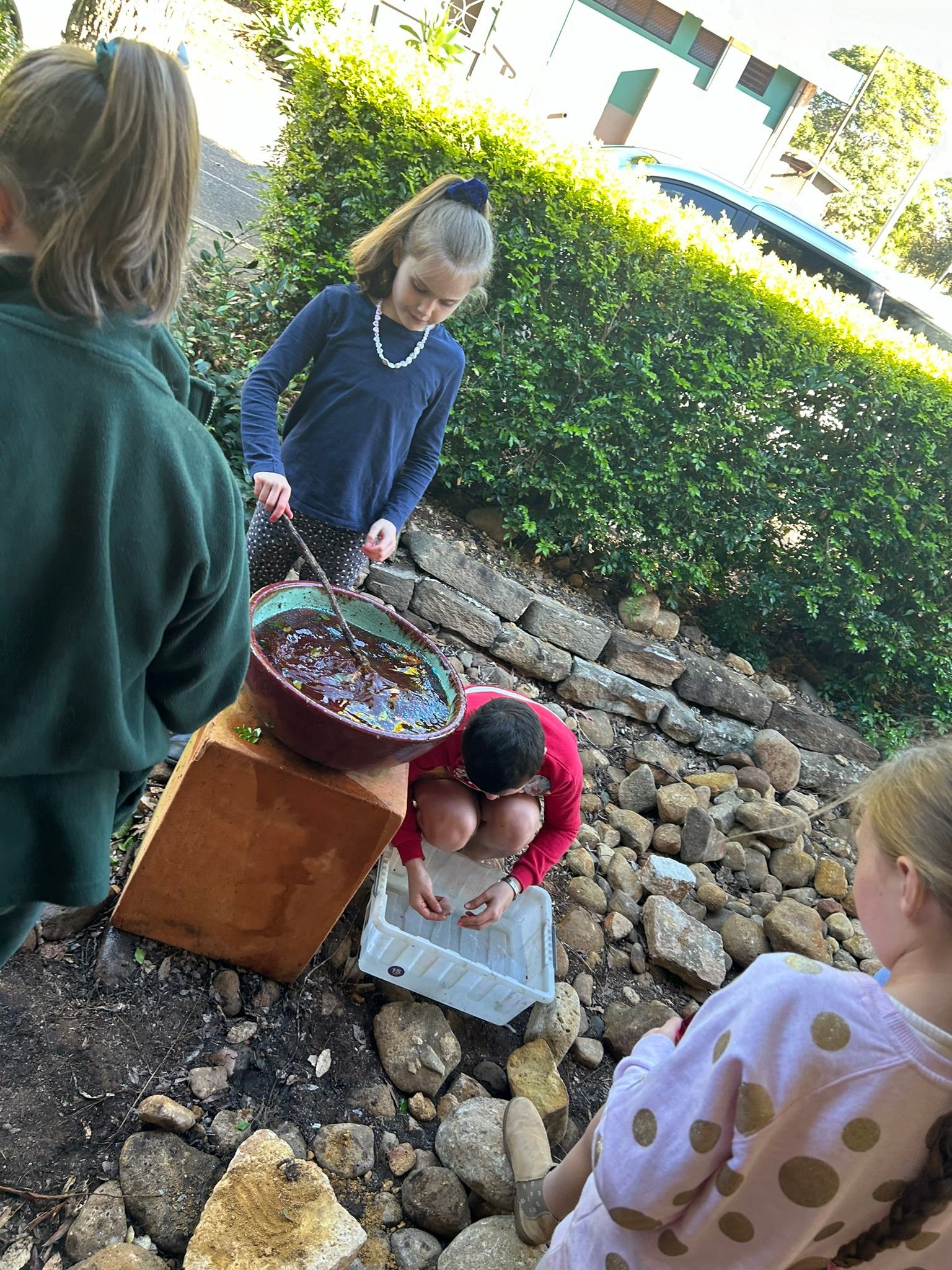
The Benefits of Pretend Play for Children with Social-Communication Difficulties
First of all, it’s important to recognise that there are different forms of play, such as exploratory play, cause-and-effect play, toy play, constructive play, physical play and pretend play. Here we’re discussing pretend play, which is different from structured play. Pretend play is typically child-led and tends to have few rules or expectations. Pretend play can be interchangeable between dramatic play, fantasy play or make believe. Children often mimic or act out their favourite characters and scenarios, real or imagined (e.g. a teacher/classroom or Marvel Hero/epic battle). Needless to say, pretend play can prove difficult for children who have trouble with social interactions and who like predictability and rules.
For children with autism, their play might look a little different, but that does not mean it’s less. For example, they may mimic what they have seen play out in their day in a literal sense, they might organise their toys because they like the visual structure or to feel a sense of control and stability, or they might be limited to play that involves their special interest. For children with autism, their method of pretend play may be their way of processing social interactions or a coping mechanism where they escape to a safe and enjoyable world after a long day of confusing social interactions. It can also be a way to connect with other children who share similar interests and similar ways of communicating and playing. Autistic play is still very much valid and it is most likely serving a vital service in your child’s life.
However, this does not mean that children on the autism spectrum can’t and shouldn’t learn other forms of play. We know that children with autism socialise less for a range of reasons, which means they have fewer opportunities to engage in play with their peers, and consequently, less opportunities to practise social interaction skills. It is undeniable that play is essential to the social, emotional and psychological development of all children, yet is something that often eludes children on the autism spectrum. This is why supported group-based play opportunities for children on the autism spectrum are so important, including pretend play.
Pretend play is known to develop social interaction skills where children experiment with social boundaries and social communication, develop emotional skills where they are often caring for another person or character, Theory of Mind skills where the they are putting themselves in the shoes of others or getting feedback about the impact of their actions on others, and of course language skills as they describe and narrate what is happening. One interesting study where autistic adults taught play skills to autistic children also found that pretend play increased social motivation and engagement and improved peer-to-peer rapport, also known as friendship.
When young people are supported to engage in pretend play with their peers, improvements in social interaction skills are well documented. This is because children can practise and develop language and social skills in authentic contexts simply by being, playing and talking with other children. However, it’s important to remember that these social interaction skills may not come easily to neurodivergent children, so pretend play also provides opportunities for a supportive adult to provide in-situ social coaching.
If you would like some ideas to support your child’s pretend play please click these links:
https://www.hanen.org/Helpful-Info/Articles/Encouraging-Pretend-Play-in-Children-with-Autism.aspx
https://raisingchildren.net.au/autism/school-play-work/play-learning/play-asd#pretend-play-nav-title
https://www.speciallearninghouse.com/pretend-play-ideas-autism/
References
Kaufman, B. (2013). The need for pretend play in child development. https://blogs.scientificamerican.com/beautiful-minds/the-need-for-pretend-play-in-child-development/
Raising Children Network. (2023). Play and autistic children. https://raisingchildren.net.au/autism/school-play-work/play-learning/play-asd
https://pubmed.ncbi.nlm.nih.gov/26990643/
Sussman. F. (2013). The relationship between pretend play and theory of mind in typical children and children with asd. https://www.hanen.org/siteassets/helpful-info/articles/pretend-play.aspx
Making Connections Toowoomba | Website by dmsCREATiVE









